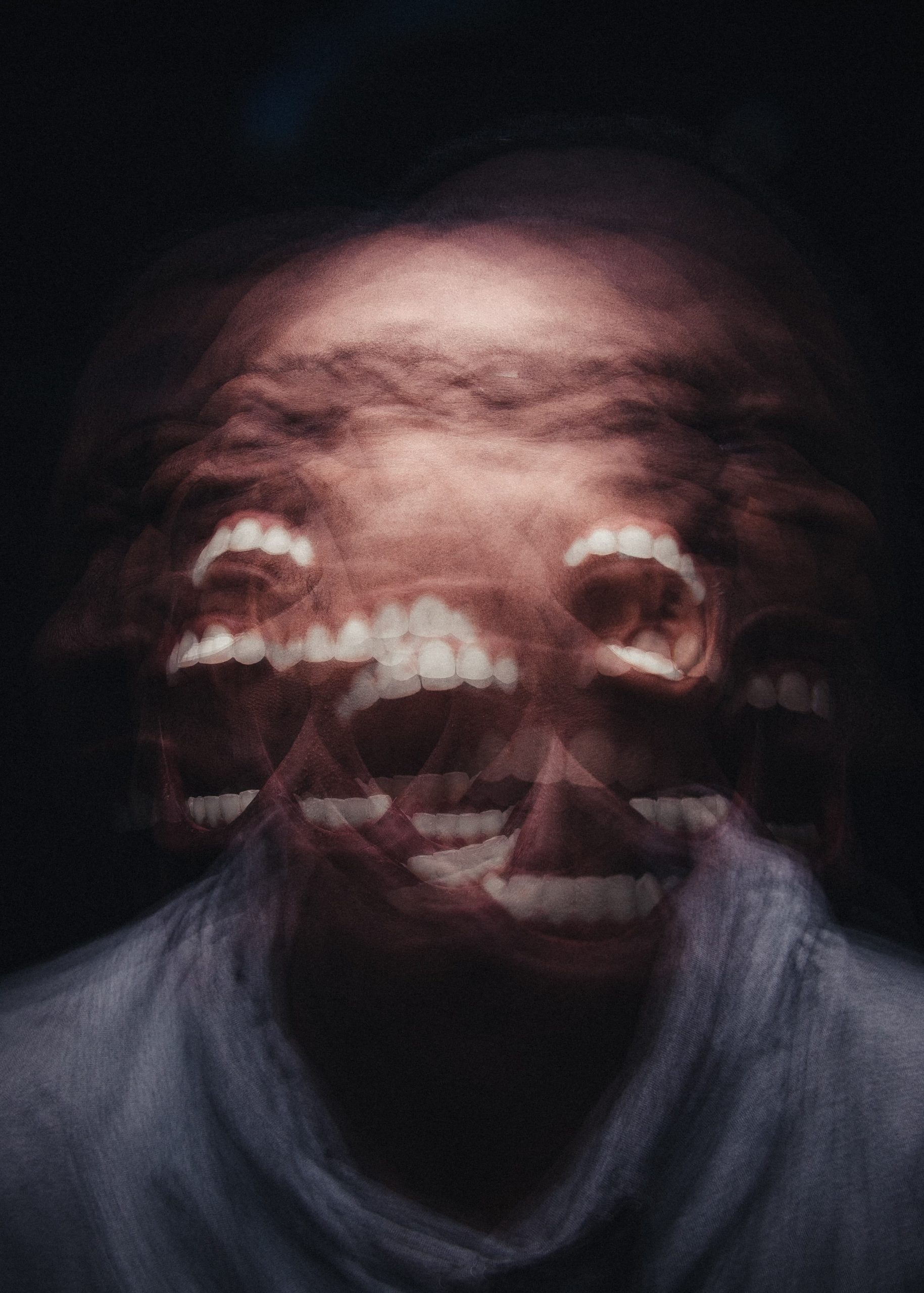Dealing with a teenager who has a mental health disorder such as depression, anxiety, ADHD, or bipolar can be difficult for a parent. You may not know what to do or how to support your teenager when they’re experiencing rapid mood changes or even psychosis.
That’s where residential treatment centers come in. These facilities provide a supportive environment to monitor and provide proper care for teenagers who suffer from mental health disorders.
A residential center is an inpatient establishment that provides therapy, medication, and programs to assist youth with their troubles in a structured environment. This post provides the many benefits your teen will experience staying at a residential treatment center.
Personalized Treatment Plans
Not all teenagers who have mental health issues are the same. Some will need specific therapies to assist with their problem while others need more intensive care. A residential treatment facility has personalized plans that are tailored to your teenager’s needs.
For example, treatment for depression will be different for someone who has bipolar. For anyone who has bipolar, taking antidepressants alone could lead to a relapse. The center knows which treatments and therapies to provide for specific mental health issues.
Evidence-Based Treatment Methods
Evidence-based treatment is said to be a golden standard in caring for a patient’s mental health. These treatments have been tested in controlled case studies or trials and have been proven to have successful results.
With this type of treatment method, healthcare professionals don’t simply rely on their personal opinions. They provide patients with care based on research from thousands of studies. Additionally, evidence-based treatments can improve quality of life and reduce symptoms long term.
Holistic Care Practices
There are residential treatment centers that offer holistic care practices that can reduce symptoms of anxiety and stress. These therapies can include wilderness programs, and teaching patients about art or music.
Patients spend more time in nature to improve their mental state and even take part in breathing exercises to lower stress. Residential treatment programs are designed to improve the daily life of your teen and to teach them healthy coping mechanisms. A holistic approach may be exactly what your child needs to heal and control their emotions.
Types of Therapy Offers
A residential treatment program will have a wide range of therapies. A medical healthcare professional will speak to you about the types of therapies they offer and their benefits. Here are the standard treatments residential centers offer troubled teens.
Cognitive-behavioral therapy (CBT)
Most rehabilitation centers will provide cognitive-behavioral therapy. It’s a type of psychological treatment used for patients who suffer from anxiety disorders, depression, eating disorders, and substance abuse.
CBT can change a teenager’s thinking patterns. A troubled teen can then learn to recognize their distortions in thinking that are creating their mental health decline. The therapy also helps patients with problem-solving skills so they can cope in their daily lives.
Family Therapy
Teenagers who have mental health problems need support and love from their family which can help them recover faster. A residential treatment program offers family therapy so that you and your child can open up to each other in a supportive environment.
Family therapy allows both parties to understand each other better and prevents conflicts from arising. It’s crucial to have a therapist present when talking to teenagers who have behavioral issues so that there are no misunderstandings.
Moreover, family therapy sessions show your teen that you truly care about their well-being. You’re willing to put in the extra effort to help them heal and find themselves.
Experiential Therapies
Residential programs can offer experiential therapies that involve physical activities like role-playing or art so teenagers can express their negative emotions. These activities allow troubled youth to access feelings that are hidden so they can process them.
Adventure therapy is one of the most common forms of this program as it allows teenagers to explore the outside world and learn about their surroundings. This therapy can also include dancing, crafting, meditation, and eco-therapy.
Equine Therapy
Another form of adventure therapy is equine therapy where professionals guide patients using activities that require horses. This type of treatment is ideal for teenagers who have emotional and behavioral problems.
The patient will work with trained horses and they’ll learn to care for them. They will groom the horses as well as feed them and take them for walks. Horses can sense how a person is feeling. Because of this, they can help the patient identify their feelings so they can learn to cope with them.
Supportive Community Within the Center
Patients can benefit from residential treatment programs because there is an entire supportive community within the center. Teenagers can connect to others who share the same experiences they do. They can talk about their feelings without the fear of being judged.
Furthermore, the staff at these centers are qualified and have the experience needed to help troubled teens solve problems. They also get 24/7 medical treatment and monitoring which is especially important for teenagers who self-harm.
Final Thoughts – Providing Your Teen With Support and Supervision
A residential treatment facility is designed to improve your child’s mental health by providing them with healthier coping mechanisms. HelpYourTeenNow provides residential treatment programs that include equine therapy for children who have severe depression and anxiety disorders. Our boot camp program may help teens who have behavioral issues.
Contact HelpYourTeenNow to find the best residential treatment program for your teenager’s needs. Whether you need to enroll your child into our military school program or simply need therapy to assist your child with their emotions, we’re here to guide you every step of the way.











0 Comments